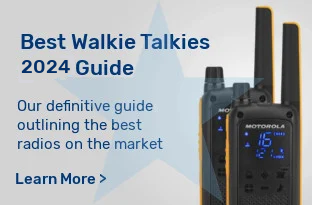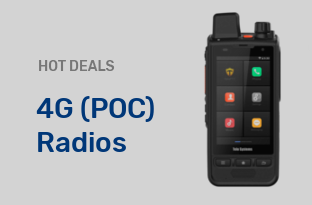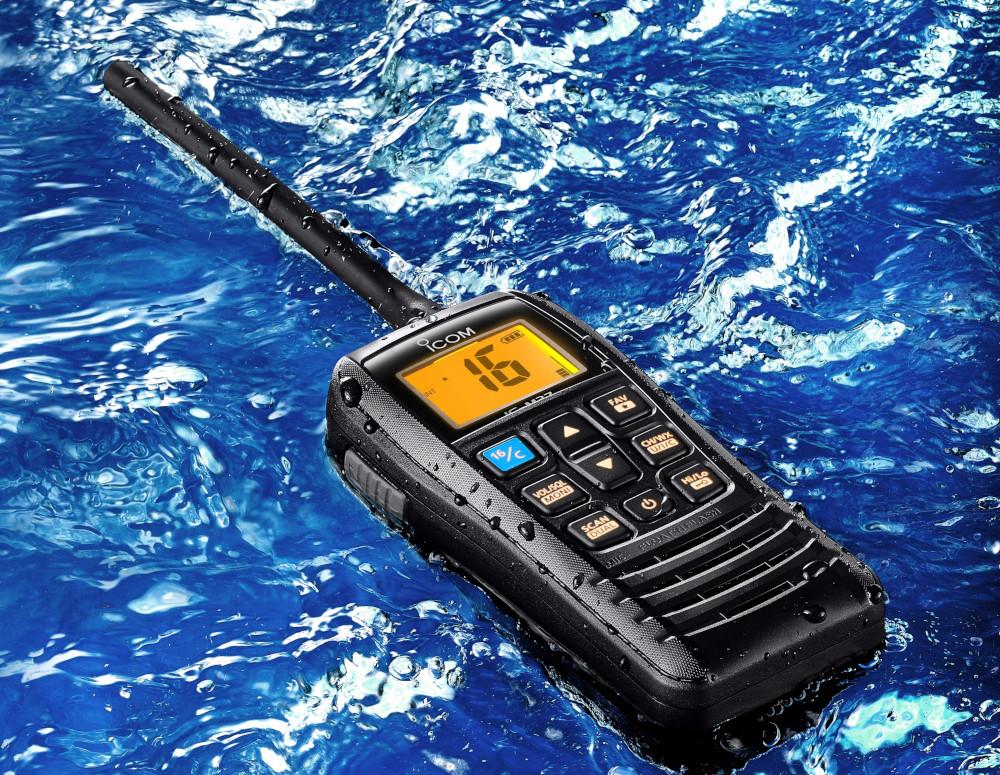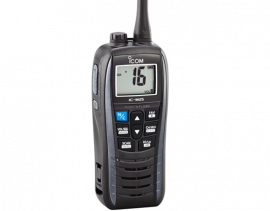Valid on Ex-VAT price
Do you require a licence for your marine radio?
Venturing into open waters carries many risks. It is therefore crucial to consider safety and potential dangers at all times. One piece of equipment that no mariner should be without is a marine radio. Not only are they crucial in emergency situations they also used for contacting ports and other ship to shore requirements.
There are different types of radio available including desk mounted radios and handheld radios. Your requirement is likely to depend on the type of boat you have with larger boats benefitting from the increased range of the desk mounted radios. Equally smaller vessels are likely to be fine with a handheld which will also take up a lot less space.
Once you have decided the type of radio that is right for you the next thing to consider is licencing. A question that many people ask is whether their marine radio requires a licence. Simply put the answer is yes however the licence is not the same a standard two-way radio licence. Licences are free (unless you opt for a paper copy which is £20) and can be applied for via the Ofcom licencing portal.
There are two types of Ship Radio Licence available:
1. The Ship Radio Licence
This type of licence allows installation and use of maritime radio equipment. This equipment is applicable to the ship which must be registered within the UK. The Ship Radio Licence covers its use world-wide. As well as authorising its use the Ship Radio Licence also assigns a radio identity or ‘Call sign’ and MMSI.
2. The Ship Portable Radio Licence
This type of licence as the name suggests relates to portable radio equipment as opposed to fixed. The licence authorises use of a single portable marine radio which is not limited to use on one ship. As this can be taken from ship to ship it is suited for more social mariners. Unlike the Ship Radio Licence this cannot act as an identifier for the ship as it is not assigned to one ship only.
If you would like to find out more about Marine Radios or Licencing then call our team on 01745 335 811.
*The above information is designed as a rough guide only for further details please call us or consult the Ofcom website























